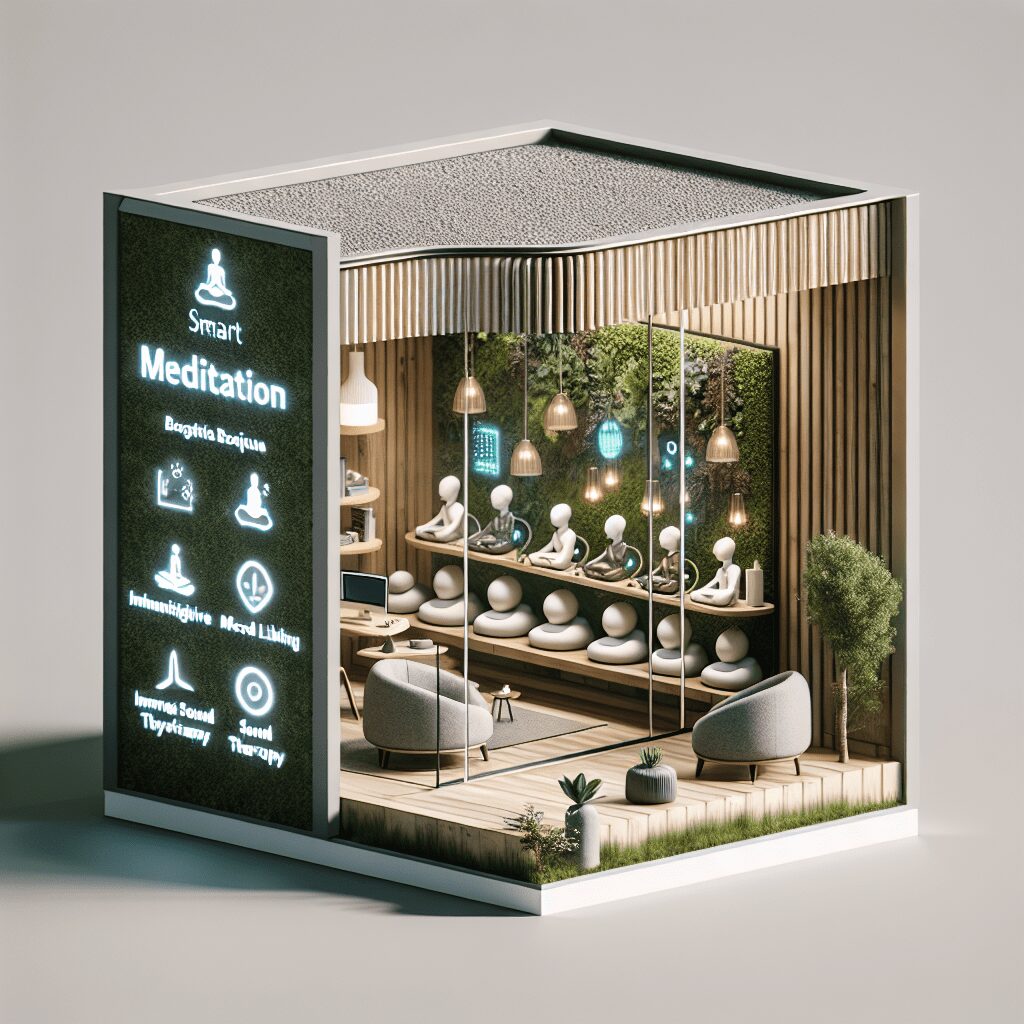
Prioritize your mental well-being daily. Enhance your life by nurturing your mental health with the Smart Meditation app. Break free from stress, alleviate anxiety, and enhance your sleep quality starting today.
What To Use Instead Of Antidepressants?
Navigating the Blues Without the Pills: Alternatives to Antidepressants
In the quest for mental wellness, the road less traveled might not lead to the pharmacy. With the global conversation around mental health louder than ever, many are seeking alternatives to antidepressants. Whether it’s due to side effects, personal preferences, or the desire for a more holistic approach, exploring options outside the traditional pill bottle is becoming increasingly popular. Let’s dive into some alternatives that are making waves.
Lifestyle Tweaks: Your Secret Weapon
Believe it or not, the first steps towards lifting the fog of depression might just be found in your daily routine. Simple changes, when stitched together, can form a robust tapestry of mental well-being.
- Get Moving: No need to aim for Olympian feats here, but regular exercise can work wonders. It’s the body’s natural mood lifter, thanks to the cocktail of endorphins released during physical activity.
- Eat Smart: You are what you eat, so they say. Incorporating more omega-3 fatty acids (think fish, walnuts, and flaxseeds) and cutting down on the processed grub can help your brain as much as your waistline.
- Quality Zzzs: Never underestimate the power of a good night’s sleep. Poor sleep can be both a cause and effect of depression. Creating a soothing bedtime routine and aiming for consistency can make a world of difference.
Mind Over Mood: Psychological Therapies
Who needs pills when you’ve got words? Cognitive Behavioral Therapy (CBT) and mindfulness-based therapies have entered the chat, and they’re showing promising results.
- CBT: It’s all about restructuring the way you think and thus, react to situations. By addressing negative thought patterns and introducing more positive ones, CBT can effectively reduce symptoms of depression.
- Mindfulness and Meditation: These practices invite you to live in the present, reducing rumination and worry. Regular meditation can actually change the brain’s structure to promote more positive emotions.
Social Prescriptions: The Power of Connection
Sometimes, what we really need is a dose of human connection or to reignite a passion for hobbies and activities.
- Community Involvement: Engaging in community activities or volunteering can offer a sense of purpose and belonging, which are powerful antidotes to depression.
- Creative Outlets: Painting, writing, music — creative expression can be incredibly therapeutic, serving as a medium to express feelings that might be too hard to verbalize.
Supplemental Support: Nutrients and Herbs
Turning to nature’s pharmacy, certain supplements and herbs have been studied for their potential to ease depression symptoms.
- St. John’s Wort: A well-known herb that’s been used for centuries to treat mental health conditions. It’s important to consult with a healthcare provider before starting, as it can interact with other medications.
- Omega-3 Supplements: If fish doesn’t frequent your dinner plate, omega-3 supplements can be a good alternative, with studies showing their positive impact on mood.
- Vitamin D: The sunshine vitamin is also pivotal, especially in areas with long winters. Low levels of vitamin D have been linked to depression.
In Summation: A Tailored Approach to Wellness
Charting a course through the murky waters of depression with alternatives to antidepressants is indeed possible. While medication is a lifesaver for many and crucial in severe cases, incorporating lifestyle changes, psychological therapies, social engagement, and natural supplements can also play a significant role in managing depression.
It’s worth noting, however, that depression is as individual as fingerprints — what works for one might not for another. Always, and let’s italicize that, always consult with a healthcare professional before ditching any medication or starting new treatments. Here’s to finding your path to wellness, one step at a time.




